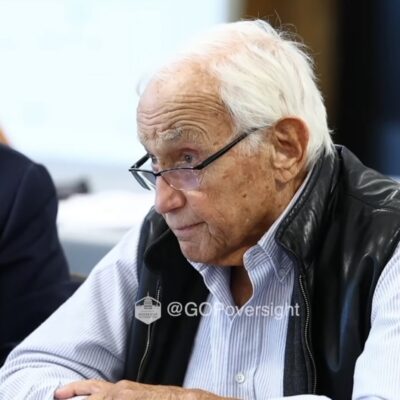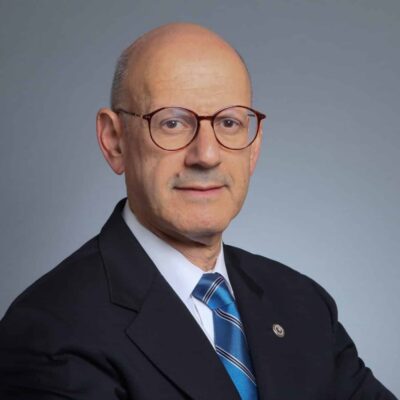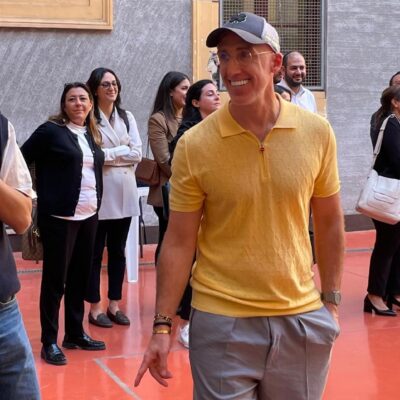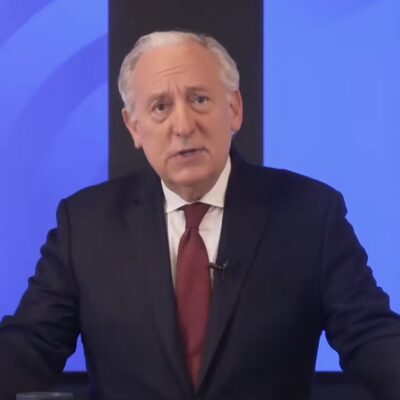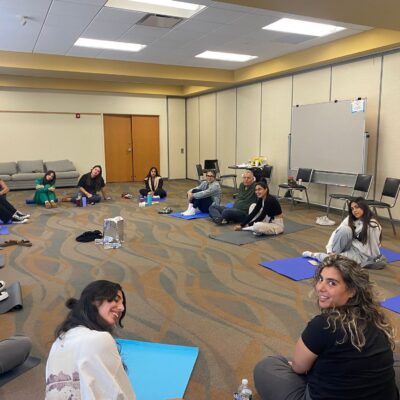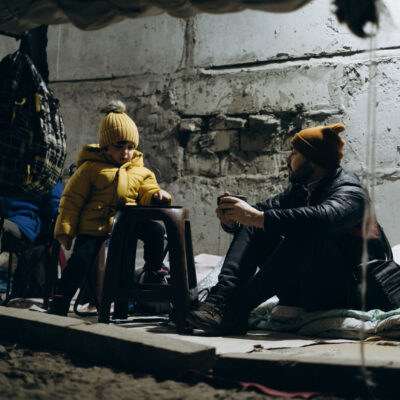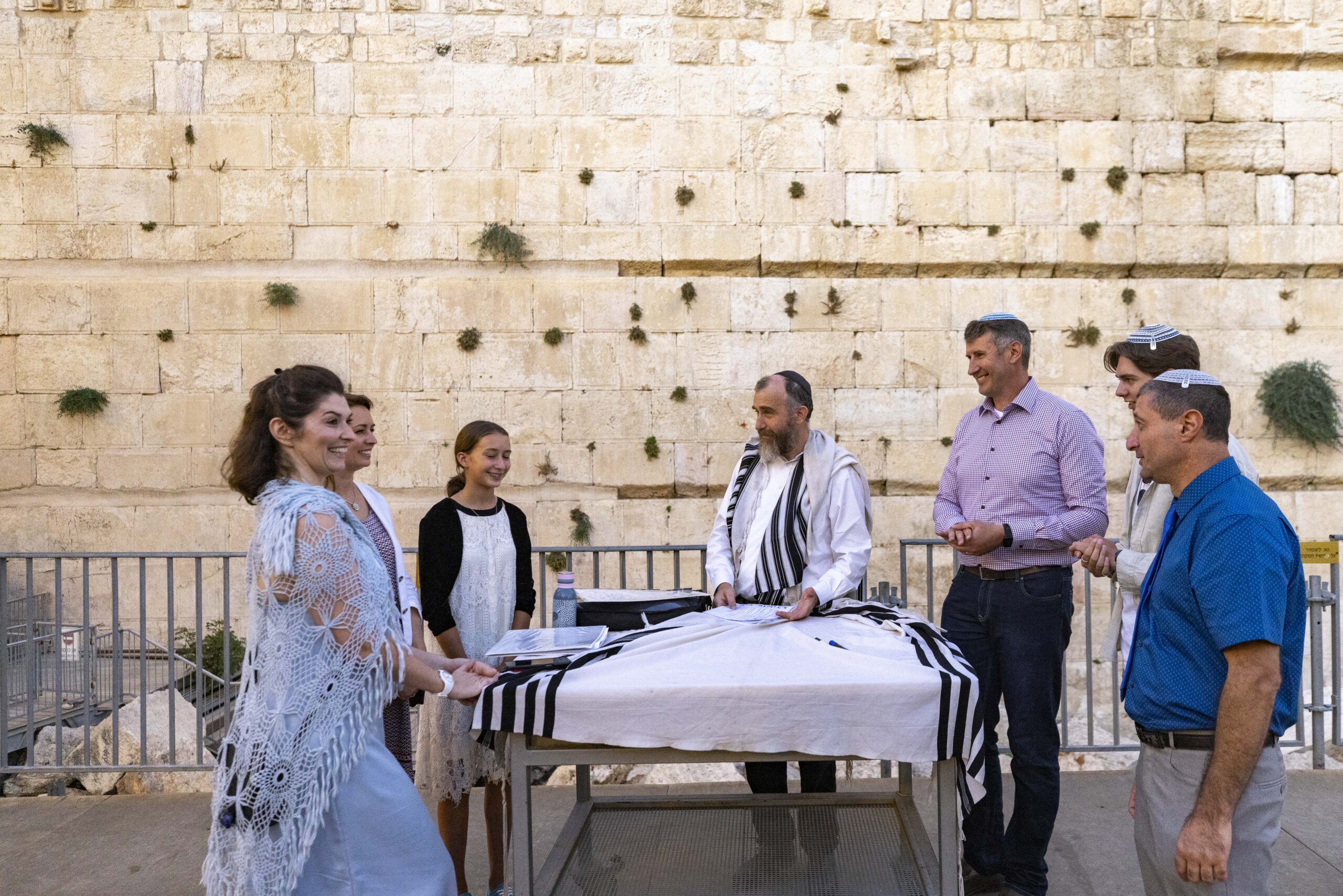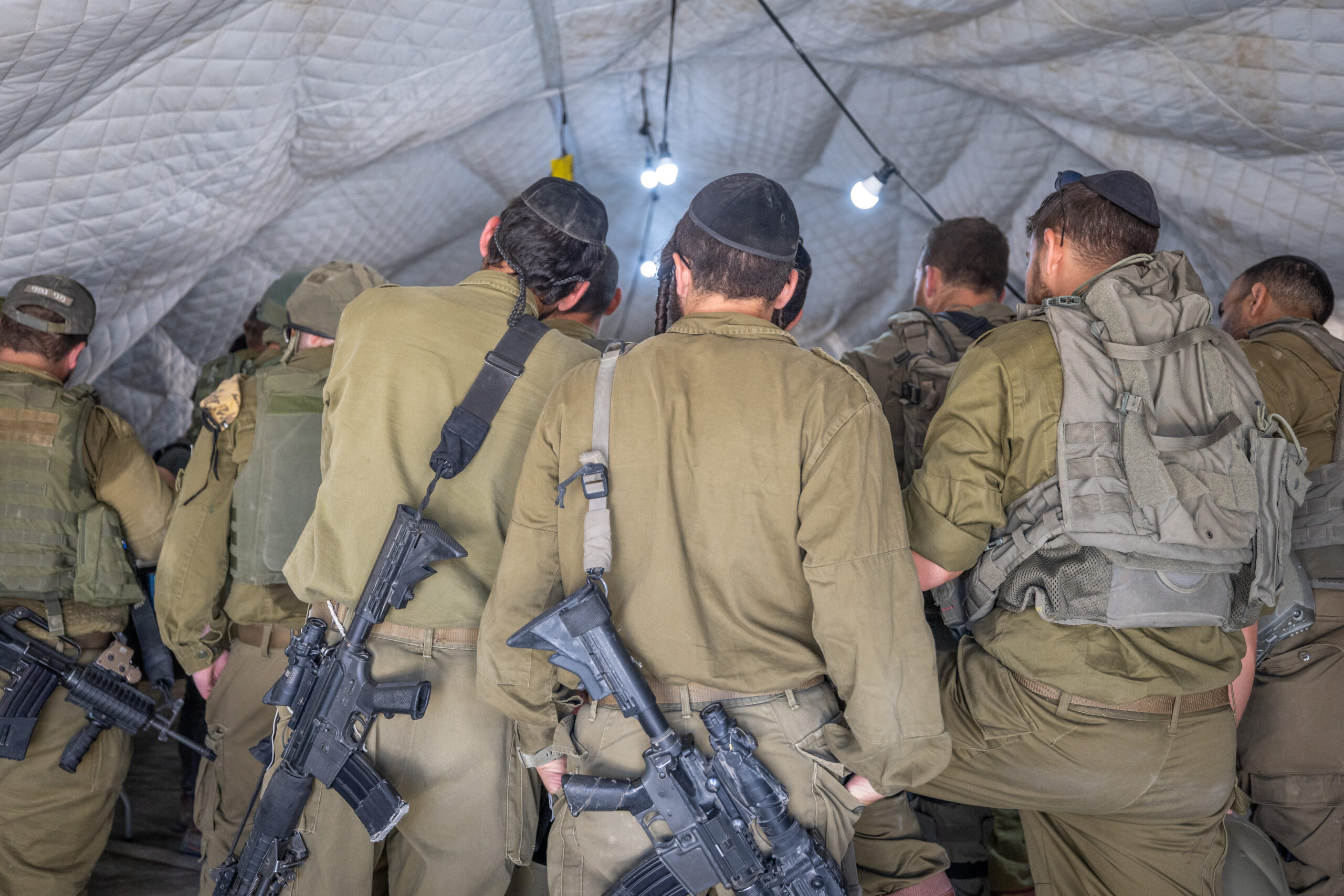Opinion
STEP UP FOR TEACHERS
The real barrier to Israel education isn’t the conflict. It’s us.
In Short
Let’s build institutions that support courageous education.
In a recent webinar with the Jewish Funders Network on my research regarding what makes Jewish educators reticent to teach about Israel in the classroom, I was asked directly what funders could do to better support Israel education. I could think of many things, but truly the most important one is to leverage their leadership and help to foster a system that is more open to nuanced and complex Israel education, and to signal their support to those essential educators doing the hard work.
What emerged from my research speaking with educators from across North America — from school administrators to Hillel directors, representing settings from day schools and supplementary schools to youth groups — is that they all experienced one ultimate barrier to teaching about Israel and “the conflict”: a lack of institutional and communal support. This is exactly where funders and lay leaders can positively help set the conditions for courageous education around Israel.

Maskot/Getty Images
Illustrative.
Research in the field of Israel education shows that a sophisticated and nuanced engagement with critical questions within Israel, and in particular, the Israeli-Palestinian conflict, is paramount. Our kids also demand transparency; even young children know about the conflict in this post-Oct. 7 world. We have no choice but to engage with conflict education in a textured and honest way now, within a supportive Jewish environment, before they enter college.
The fact is that Israel education can and will thrive in a context of multiple perspectives, even disagreements, as it fosters other important skills such as critical thinking, listening empathically, talking across differences and more. Our educators know this, but we as a community and as a field of Israel education haven’t quite caught up. Even when we address all of the barriers to teaching about the conflict that I identified in my research — education (feeling they know enough to teach this complex, ever changing conflict), pedagogy (feeling they can tackle conversations about controversial issues) and emotions (feeling they can handle highly charged conversations) — our educators cannot be successful without institutional support.
Educator after educator that I spoke with during my research, and who I continue to encounter teaching Jewish professionals through the Spertus Institute, expressed variations on the same theme: Their biggest fear was they were going to lose their jobs. They all had stories about feeling censured; about receiving that angry phone call from a parent or a board member who disapproved of the narrative they introduced. Notably, the censure comes from across the political spectrum.
One positive model stood out to me. An educator shared that in a previous role she held, every time she received an angry phone call, the principal handled it; as a result, she felt supported and protected to engage in the kinds of nuanced conversations about the conflict her students demanded and deserved. Time and again, I heard from educators that went from supportive systems to other spaces where the support vanished. The result was that they were no longer willing to address the conflict in the classroom.
This is a lose-lose situation. For while so many educators understand and can articulate the importance of conflict education, without support it is our children who suffer the consequences. We can’t afford to continue to lose our children later in life once they encounter hard questions about Israel in college and beyond that they are not equipped to answer or understand.
Now is when we have a choice: We can either elevate our educators — rest our hands on their proverbial shoulders and support them — or alternatively, silence them. It is also an opportunity for educators to manage up and to share with their institutional leaders what they need in order to engage in this work.
After all, the conflict in Israel isn’t going away any time soon. Even if we are inching closer to an agreement, the big emotions and complex questions over Israel continue and are only getting harder.
This only makes our work harder — and also more urgent and important. The fact that Israel is a polarizing topic is precisely why we need to foster educational spaces that are welcoming of nuanced and complex conversations. There is room in our classrooms for many opinions and viewpoints, and while it may be scary, the consequences of not fostering these conversations is even scarier.
Now is the time for us to come together, as community leaders, Jewish federations and school administrators, to encourage and strengthen institutions to support our educators to engage in these important topics. At Spertus Institute, we have made an intentional shift in our own educational approach, offering more training directly to lay leaders, board members, and funders in order to build their understanding of the critical role they play in supporting professionals as they navigate challenging moments around Israel. We teach the same content to lay leaders as we do to professionals, tailored to their roles and responsibilities, so that they can emerge from our classes using the same language and playbook as the professionals they support. This is our small way of contributing to the systemic change we so clearly hear educators and professionals need.
We cannot just continue to hold our breath, waiting for the end of the conflict, before we grapple with these important issues together. This moment in time, and our learners, demand more from us.
Keren E. Fraiman is vice president and chief academic officer at Spertus Institute for Jewish Learning and Leadership in Chicago. Her article, “Barriers to Entry: Exploring Educator Reticence for Engaging with the Israeli-Palestinian Conflict,” upon which this article is based, earned her the 2025 Ilia Salita Excellence in Research Award, presented by the Jewish Funders Network.

 Add EJP on Google
Add EJP on Google